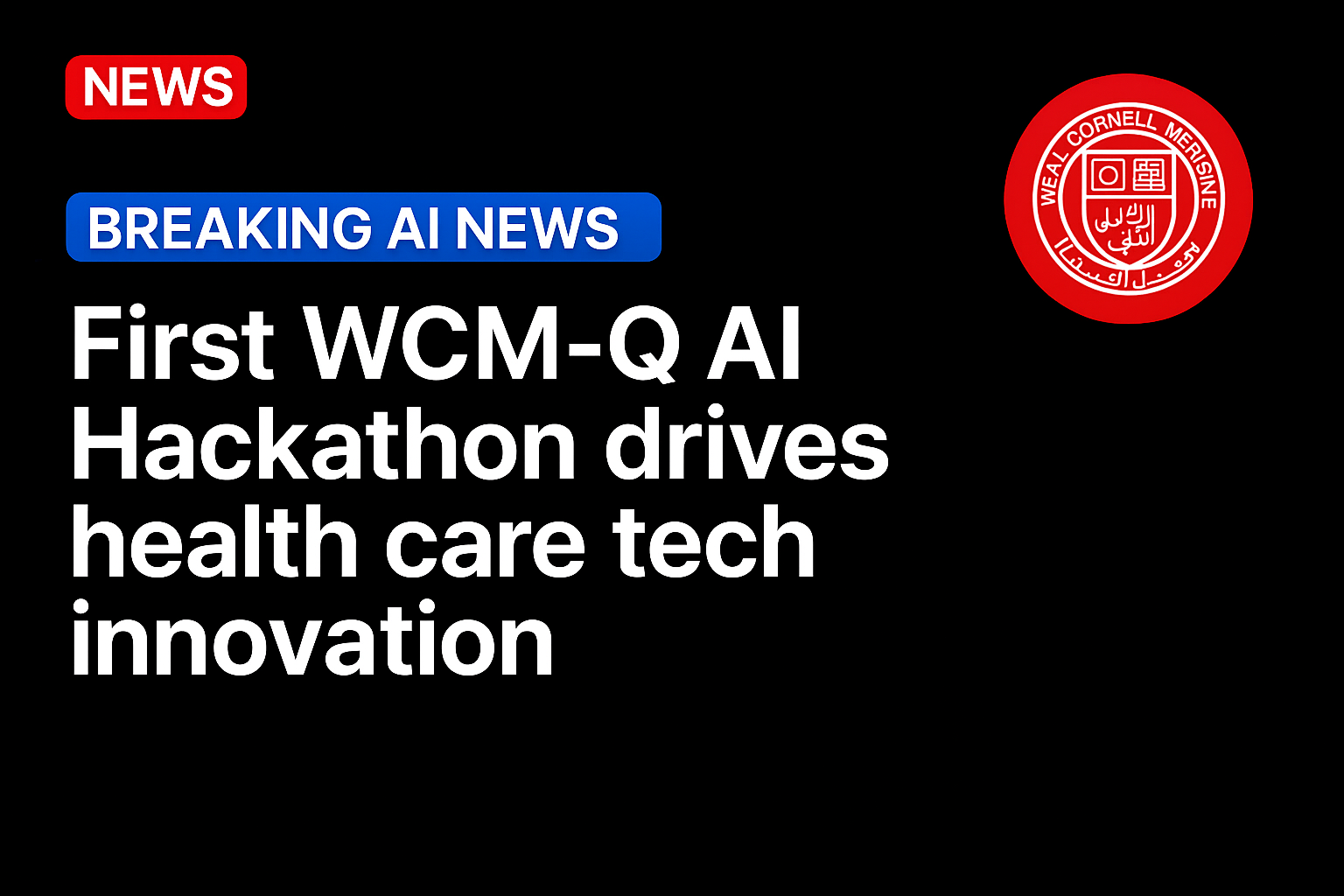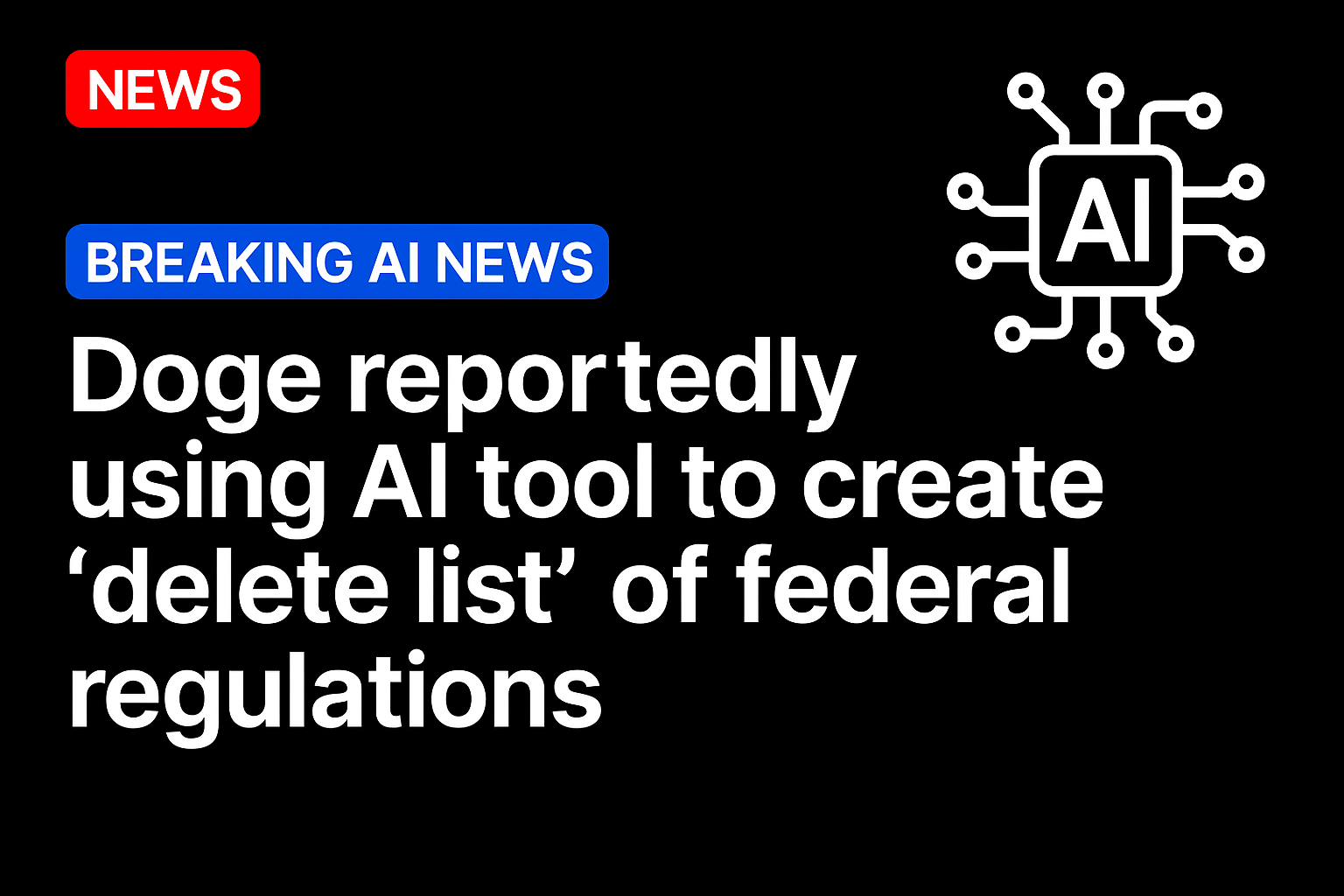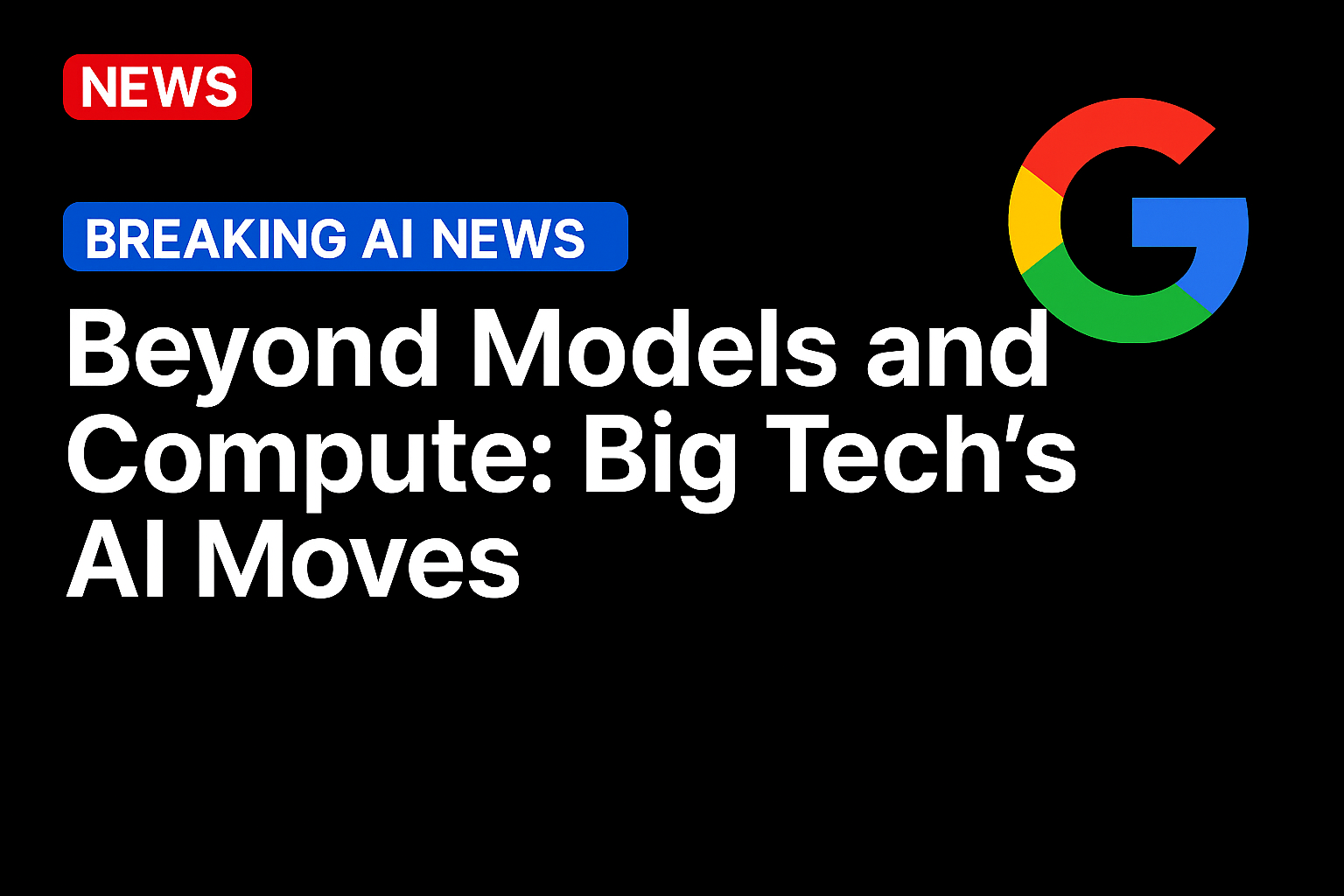Weill Cornell Medicine-Qatar (WCM-Q) hosted its first AI Hackathon – a collaborative, interdisciplinary event that brought together medical students from WCM-Q with computer science students from Cornell and Cornell Tech to develop AI-driven solutions for pressing clinical challenges.
The Oct. 10-11 event, “MedAI Hack Collaborative: Unlocking Precision Health with AI,” was co-sponsored by Dr. Javaid Sheikh, dean of WCM-Q; and Dr. Curtis Cole, Cornell’s global chief information officer. The hackathon marked a milestone in WCM-Q’s mission to champion innovation at the intersection of medicine, data science and technology.
Six interdisciplinary teams took part, merging the clinical knowledge of WCM-Q students with the technical expertise of Cornell and Cornell Tech computer science students, fostering creativity, teamwork and problem-solving.
Each of the six teams addressed a different clinical challenge:
- federated learning for clinical risk prediction;
- simulating clinical trials with real-world data (target trial emulation);
- predicting tumor subtypes in breast cancer;
- medical imaging: automatic polycystic ovarian morphology classification;
- early prediction of postpartum depression; and
- leveraging wearable device and synthetic clinical data for predictive health insights.
“Events like this are so valuable, given the major disruptions that are taking place in technology, education, health care and indeed in almost all sectors,” Sheikh said. “Initiatives which bring together people from different regions and unite diverse academic disciplines, truly represent the best opportunity to take advantage of new technologies by applying them in creative and innovative ways to enhance health care outcomes.”
The teams were guided by experts in clinical medicine, biomedical research, radiology, AI innovation, data science and health informatics, while a team of mentors comprising Cornell faculty, WCM-Q faculty and WCM-Q clinical alumni provided continuous technical and clinical guidance to help students refine solutions.
“The hackathon itself was a fantastic learning experience for the computer science students to discover what it’s like to work within a complex field like medicine, and also a fantastic experience for the medical students to see what the future of computing can do to improve health and health care,” Cole said. “At another level, it was a profound experience for Weill Cornell Medicine to bring students from the U.S. and Qatar together to work toward a common goal.”
“The hackathon truly demonstrated the power of interdisciplinary collaboration across continents,” said organizing committee member Ayham Boucher, head of AI innovations for Cornell Information Technologies in Ithaca, and for Information Technologies and Services at Weill Cornell Medicine.
“Seeing our CS students in New York and medical students in Qatar collaborate so seamlessly, learning from each other, sharing perspectives and solving real health care challenges was remarkable,” said Boucher, who’s also a lecturer of information science in the Cornell Ann S. Bowers College of Computing and Information Science. “This experience has laid the foundation for a new generation of interdisciplinary thinkers.”
The hackathon concluded with a dynamic pitch session, in which the teams presented their AI-powered health care solutions to a panel of academic, clinical and industry experts.
The “Federated Nomads,” which addressed the federated learning for clinical risk prediction challenge, was judged the winner in recognition of its creativity, technical rigor and the potential to transform health care delivery. Team members were WCM-Q medical students Mahmoud Yousef, Kareem Ali and Aqib Abdul Rahman; WCM-Q pre-medical student Mohammed Abdulla; Cornell computer science master’s student Vignesh Rangarajan; and Yann Hicke, M.Eng. ’15, a doctoral student in the field of computer science.
“I learned so much and got to see how the technical and AI side and the medical side could be integrated,” Abdulla said. “It was really amazing to have the chance to work on this problem and to find a solution through collaboration with students working in a completely different subject area.”
Miriam Alex, a master’s student at Cornell Tech, said the hackathon was a “great experience,” especially the opportunity for interdisciplinary work.
“I think the best part was working with the med students,” Alex said. “The team members in my group knew so much about health care and were so passionate about medical technology, which gave us a different and very valuable perspective.”
Hanan Lakkis is the associate director of media and publications in the Office of Communications at Weill Cornell Medicine-Qatar.
Source: https://news.cornell.edu/




